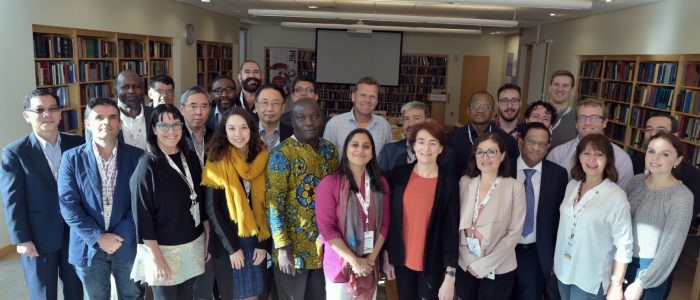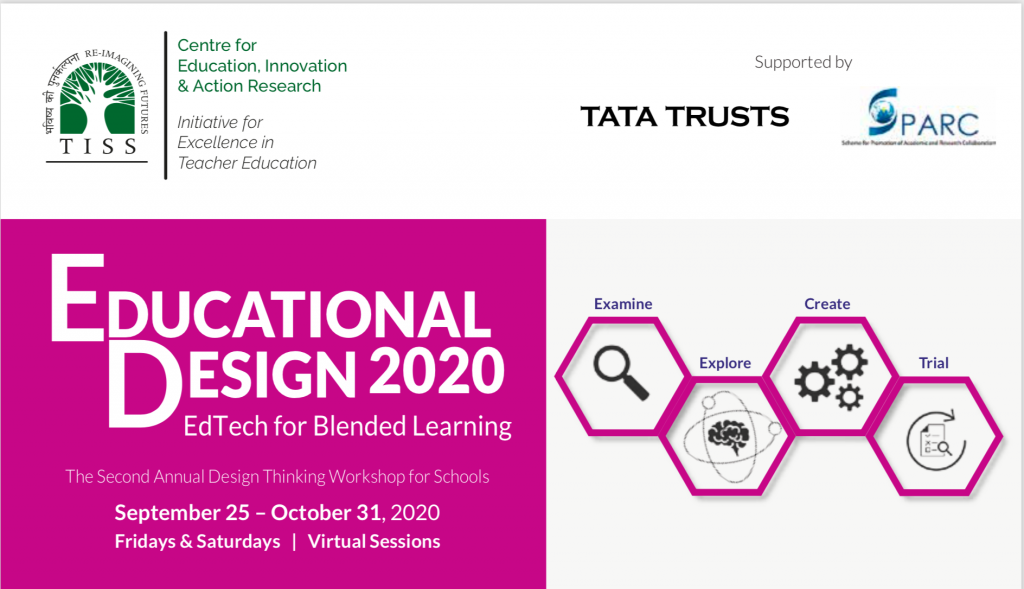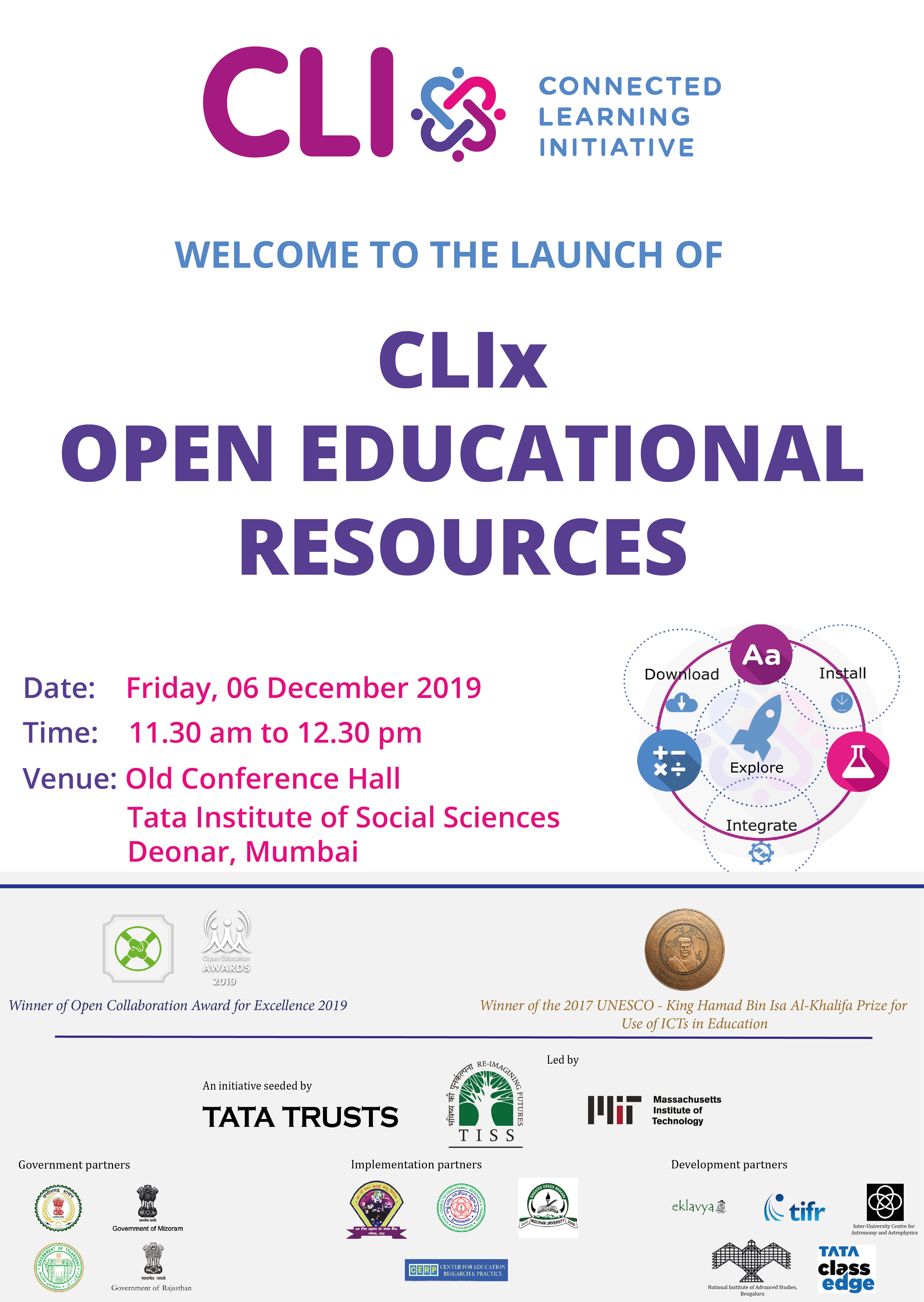Diary from Higher Education @ Abdul Latif Jameel World Education Lab (J-WEL) Week (09.10.17 -12.10.17)
Massachusetts Institute of Technology (MIT) organised the Jameel World Education Lab (J-WEL) event from 9–12 October 2017 at the McGovern Brain Institute, MIT Campus, Cambridge, USA. The purpose of the event was to form a community of global leaders who will transform higher education for student success across the globe. Higher Ed @ J-WEL Week 1 ‘The Power of Problem Solving’ was designed as a high-energy, collegial programme where broad modular topics formed a connected thread, each having an MIT signature, an organising theory, actionable outcomes at the home university or organisation and a pathway for follow-up through J-WEL Week 2, J-WEL Exchanges and J-WEL Designer. I attended the collaborative track on higher education which was directed by Prof. Hazel Sive, professor of biology at MIT. Fellow participants came from South Africa, Nigeria, Cape Verde, Ghana, China, Mauritius, Sri Lanka, India, USA, Spain and Colombia. There were university professors, chancellors, provosts and some participants were interested in starting new universities in their home countries.
As prior homework, we were asked to identify the key challenges that we faced in our work and prepare our own goals for the week, called Goals Zero. As we went through the week, we were asked to revise these goals based on what we heard from the speakers. I had set these Goals Zero:
- Learn what digital tools are available to work in diverse language settings, with differential abilities groups, at scale and within various technology infrastructure and connectivity constraints.
- Learn strategies, tools and methods to improve participation in online courses.
- Learn how data analytics can be used for assessment, monitoring, evaluation and research.
Through the week, we had sessions and boot camps led by MIT faculty. We heard about how MIT faculty use innovative hands-on pedagogies; how they use flipped classrooms in order to get the low level learning out of the way and use class time effectively; how techniques such as interleaving, testing, problem solving, and think-pair-share methods could be used for concept questions. The importance of promoting active learning by providing immediate feedback on tasks was discussed. We saw the Technology Enabled Active Learning (TEAL) lab, which is a specially designed space for learning physics where we did some hands-on problem-solving using Yoyo.
There was ample opportunity to network and exchange possibilities of collaborative work. The biggest takeaway was hearing a galaxy of renowned professors and innovators from MIT and learning how they do things at MIT.
(Archana Mehendale, Research Team Lead and Professor, Centre for Education, Innovation and Action Research, TISS)




